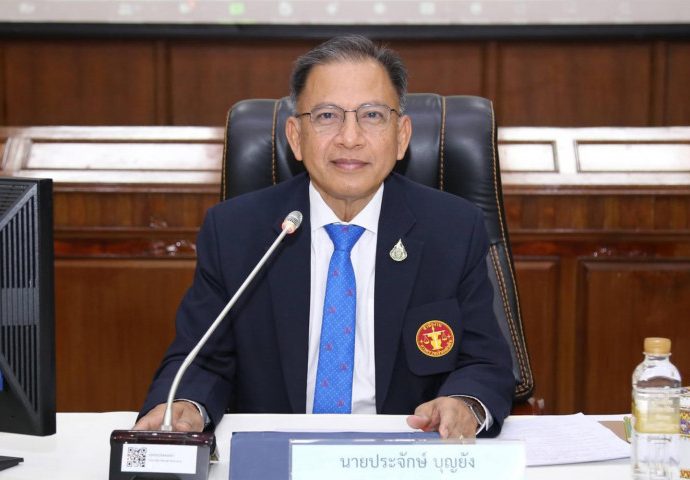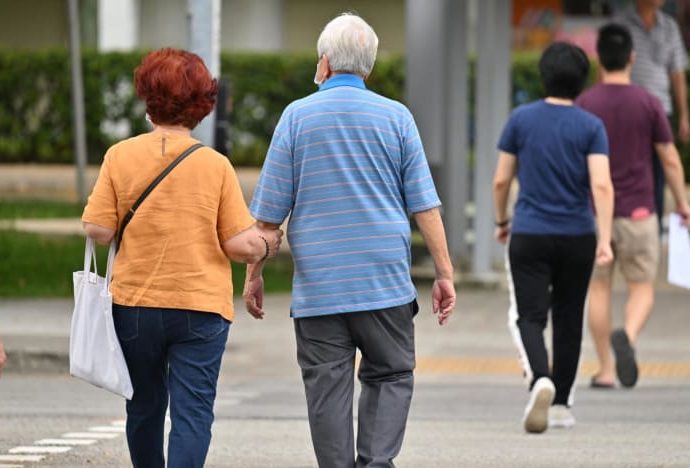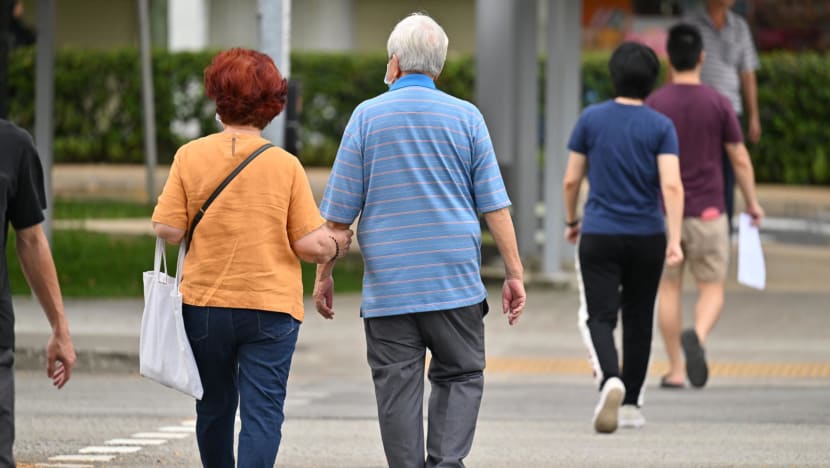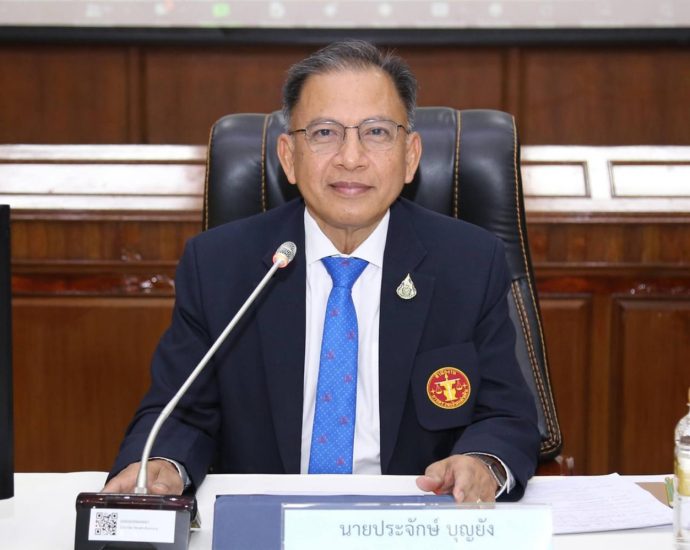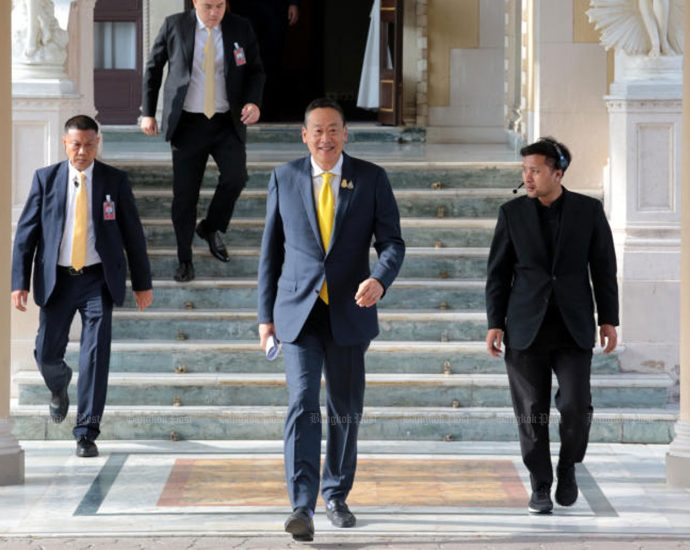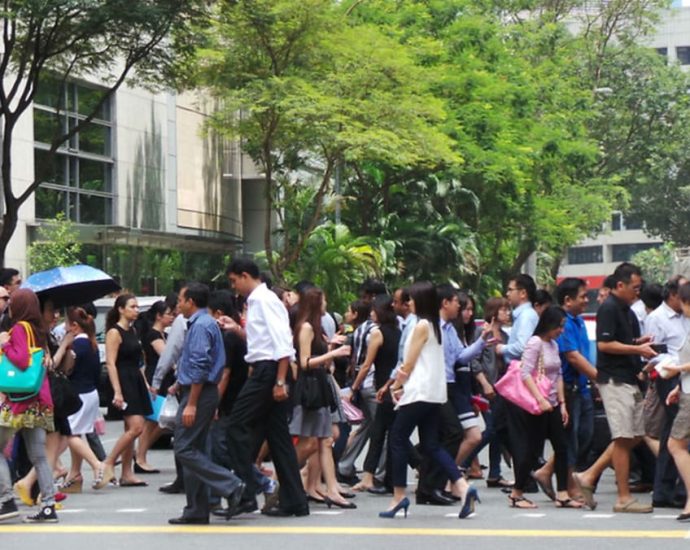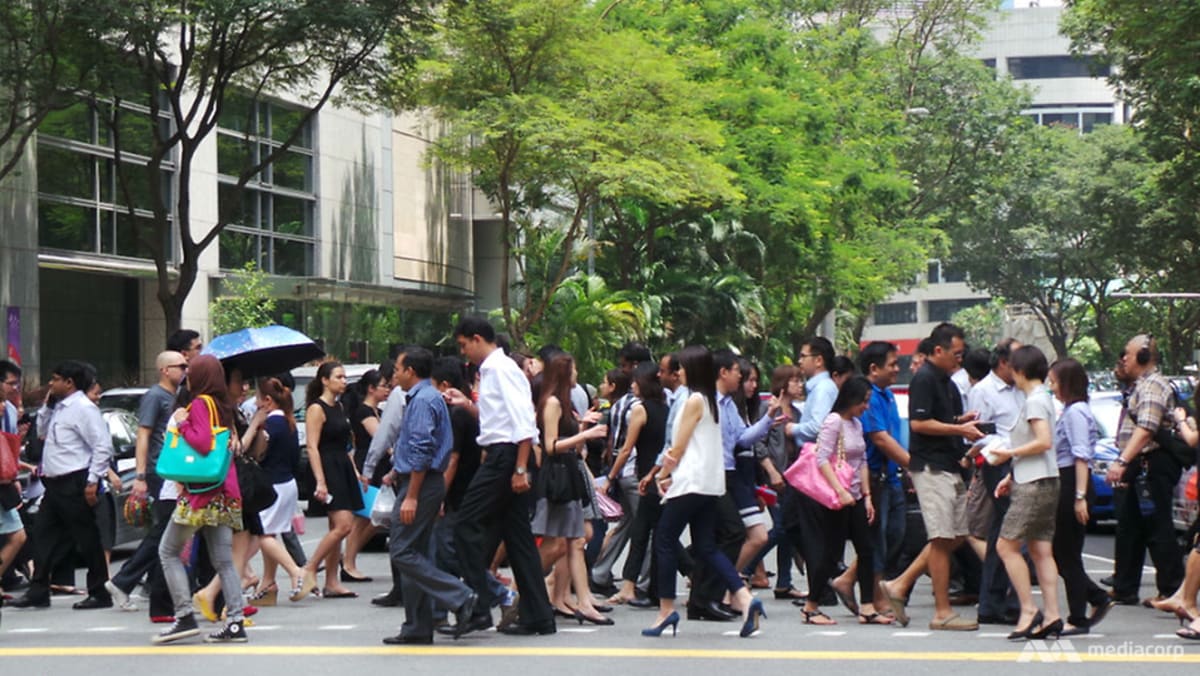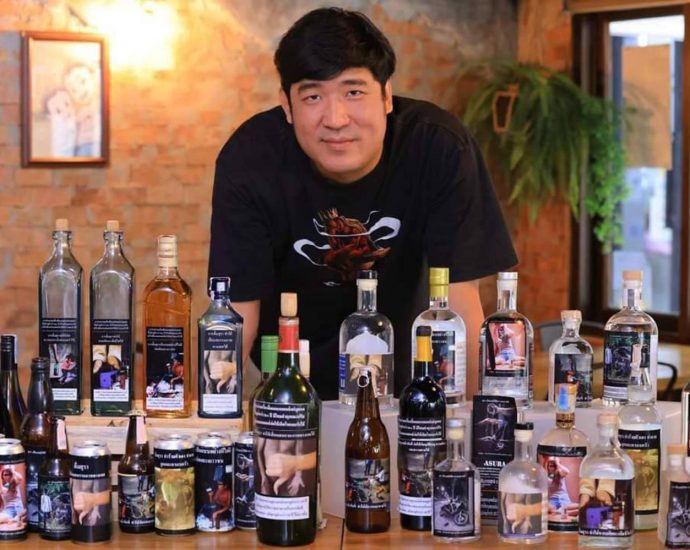Uthenthawai students march against campus relocation
PUBLISHED : 27 Feb 2024 at 11:29

Students and alumni of Uthenthawai campus of Rajamangala University of Technology Tawan-ok on Tuesday morning rallied in protest against the relocation of their long-established campus in Bangkok’s Pathumwan district.
[embedded content]
The demonstrators began their march from the campus on Phayathai Road at 9.39am. Their first stop was the Chulalongkorn University property management office. They then headed to the Ministry of Higher Education, Science, Research and Innovation. The protesters occupied two traffic lanes on Phraya Thai Road. Traffic was building up in the area.
The campus, originally known as Uthen Thawai Builders School has occupied 20-rai leased from Chulalongkorn University for 68 years. The lease expired in 2003.
In 1975, Chulalongkorn University started negotiating for the return of the land for planned expansion, but the campus has continued to occupy the land. Chulalongkorn University has petitioned the Administrative Court for a relocation order.
The Supreme Administrative Court issued an order on Dec 14 last year for the school to move the campus.
The minister for higher education recently instructed the campus to cease admitting new students and speed up its relocation – which is intended to contain the long-standing violence arising from inter-school rivalry. The order was later relaxed to allow the admission of new students, but they must study elsewhere until the campus is relocated.
The campus has been offered a new site in Samut Prakan’s Bang Phli district, with govenment funding to assist with the move, but has not taken up the offer.


